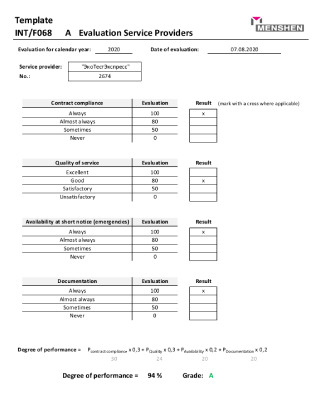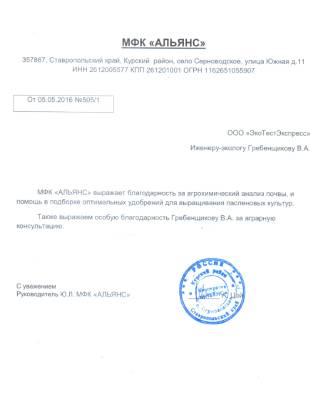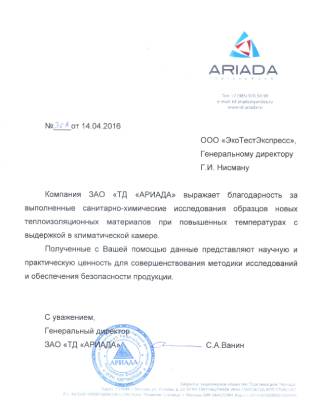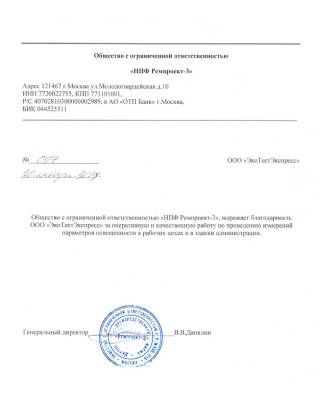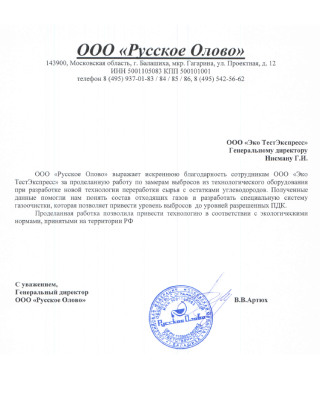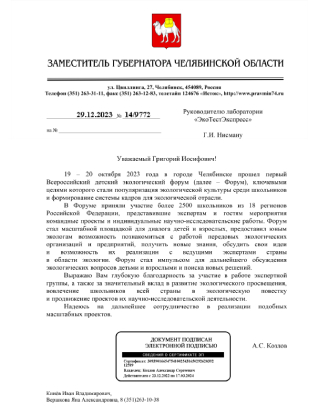It doesn’t matter whether you sell a product or service, write a blog, or anything else, search engine optimization is a must for every website owner. The search engines are used by internet users when they are searching for something. SEO focuses on organic rankings, while SEM involves paid advertising. SEO builds long-term growth, whereas SEM delivers immediate but short-term results. Whether you’re a beginner or an experienced professional, this course will help you learn what is SEO as it is an important part of digital marketing. Now, you’re ready to start practicing SEO on your site — and SEO.com can help.
Additional Articles on Ranking and Visibility
On the other hand, SEM is effective for achieving quick results, such as launching a new business, promoting a product, or running time-sensitive campaigns. By targeting specific keywords through paid ads, SEM ensures immediate visibility and attracts targeted traffic to meet short-term objectives. Businesses often use SEM in competitive markets or for seasonal promotions where timing is critical. Combining SEO and SEM strategies offers a balanced marketing plan using immediate results and natural growth.
For example, when a person searches “how to grow tomatoes,” classic SEO prefers pages with that very phrase. People intentionally seek out the information SEO helps surface, making it a more user-friendly and consumer-centered marketing tool. While print ads have their place in specific strategies, SEO offers a far more versatile, cost-effective, and far-reaching approach.
Content posted on social media is quickly overshadowed by new posts, making it necessary to maintain a continual stream of updates to keep your audience engaged. Getting Google to send you traffic is an ongoing process, not a one-time thing. Sometimes, Google chooses not to display your meta description and will generate its own for you. Getting a few SEO fundamentals in place can make a BIG difference to your site’s ranking.
Check That Search Engines Can Access Your Content
Structured data helps search engines understand the nature of your content by presenting information in a machine-readable format. With semantic markup through schema.org, you can improve visibility in searches and enhance the chances of being included in rich results. Search Engine Optimization (SEO) is a digital marketing practice that improves your website’s visibility in search engine results. When potential customers search for products or services related to your business, SEO helps your website appear as high as possible in the search results. Also known as a meta title, this is the headline of a page that appears on SERPs and one of the main things that audiences will see when browsing. Title tags briefly tell both visitors and search engines about the content of a page prior to visiting, and is a great tool to reel in audiences and help them choose to click on your website.
A technique used to copy website content or information using a computer program or script. Search engines, such as Google, scrape data in order to build a searchable index of websites. Where a webpage appears within the organic search results for a specific query. A type of advertising where advertisers are charged a certain amount (usually determined by bid, relevance, account history, and competition) every time a user clicks on the ad.
The specter looming over most SEO-related conversations in 2025 is AI. When ChatGPT and other generative AI tools burst on the scene in late 2023, many predicted that the death of SEO was imminent. Search engines would wither away, with people turning to AI answer engines like Perplexity and Gemini to answer all their queries. Lucky for all the SEO pros out there, that prediction has not yet proved correct. Instead, nimble marketers have discovered how to employ AI to improve their SEO tactics.
To give you the most useful information, Search algorithms look at many factors, including the words of your query, relevance and usability of pages, expertise of sources and your location and settings. Search engine optimization works by optimizing the above buckets to meet search engine best practices. The comparisons between librarians and search engines don’t stop there, though. Search engines are working hard to get a better understanding of a user’s search intent, to show that user the results that fit their need best. Related to that, they continue to improve how information is presented in the search results, which can differ quite a bit per search intent.
- The focus points of SEO in 2025 are still high-quality content and technical factors like site speed, security and mobile parity.
- So there’s a big difference between a backlink from a page that links to 3 resources and a backlink from a page that links to 30 resources.
- How much an SEO firm costs depends on your business and the firm, however.
- However, while programmatic SEO offers significant advantages in speed and scalability, it comes with potential risks.
SEO, which stands for Search Engine Optimization, is a process designed to enhance a website’s visibility and ranking SEO Anomaly in search engine results pages (SERPs). In the context of the digital age, SEO encompasses a wide range of strategies and techniques that aim to attract organic (non-paid) traffic from search engines like Google, Bing, and Yahoo. Understanding what is SEO is important for businesses and individuals aiming to grow their online presence. It helps websites attract more visitors, improve their search rankings, and connect with the right audience, making it a key part of digital success. SEO (search engine optimisation) marketing is the process of optimising your website and its content for visibility. In other words, optimizing your site for SEO makes it easier for internet searchers to find your content, products, and services.











